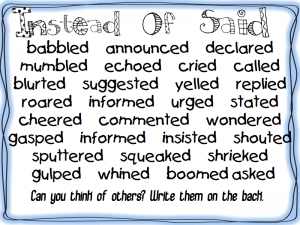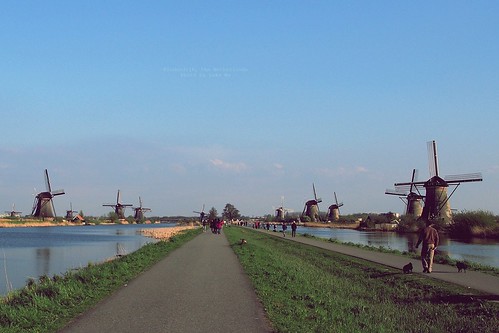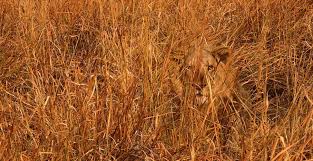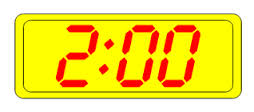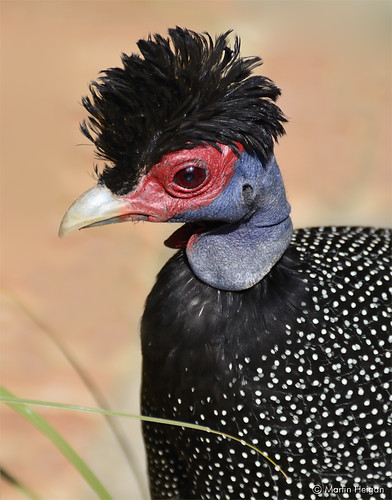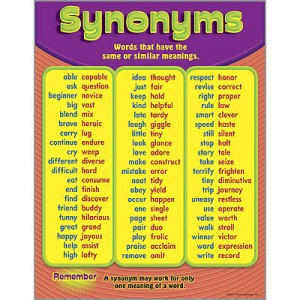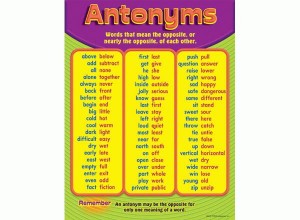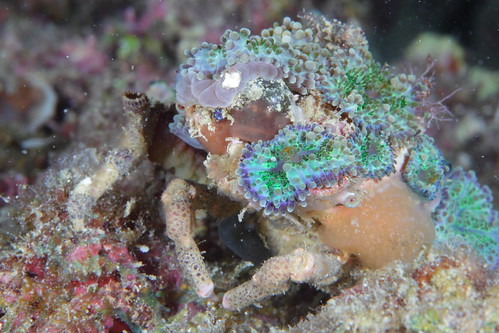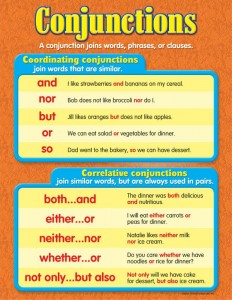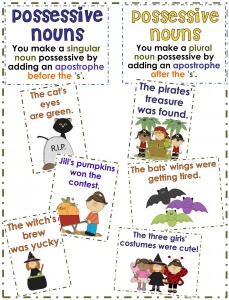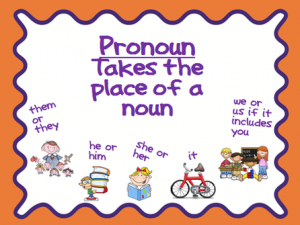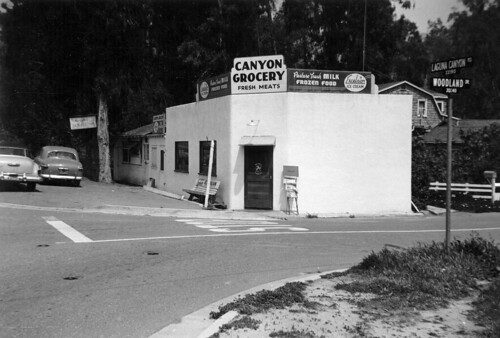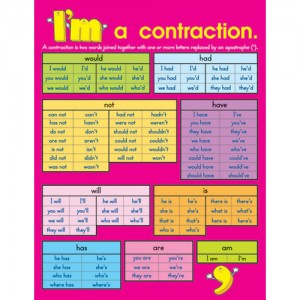Title: 5-3 The Empty Pot retold by: Demi
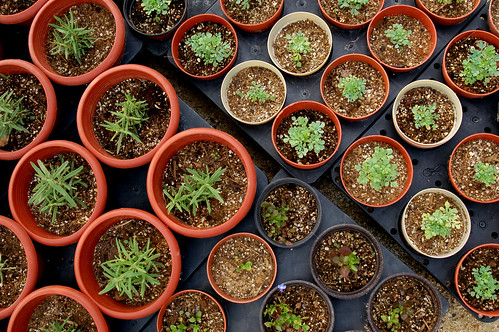
![]() Photo Credit: YoungDoo Moon via Compfight
Photo Credit: YoungDoo Moon via Compfight
Summary: This is a Chinese folktale about courage and honesty. The emperor of the land is looking for someone to become his successor. He has all of the children in the land given one seed to tend and return in one year’s time. Ping tries unsuccessfully to get his seed to grow, but with encouragement from his family he bravely attends the palace with his empty pot and the truth. All the other children have beautiful flowers. Using wisdom and love, the emperor finds his new successor.

Photo Credit: Kalyan Chakravarthy via Compfight
Spelling Words: Contrasting sounds of ough and augh.
Words: cough, dough, fought, though, thought, rough, although, tough, ought.
Challenge Words: thoughtful, thorough, sourdough.
Vocabulary Words:
Transferred (v): to move something from one place to another. Sprout (v): to begin to grow. Courage (n): the strength to overcome fear. Tended (v): to take care of something or someone. Blossom (v): to bloom. Kingdom (n): a country ruled by a king or queen. Emperor (n): a ruler.
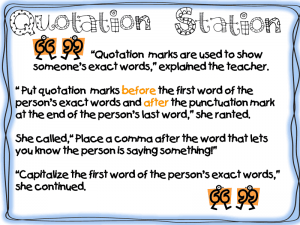 Grammar Concept: I can use commas correctly in dialogue. Commas are used before the opening quotation marks or before the ending marks at the end of the speaker’s words. Joe said, “I need to buy some milk.” “I am so happy you came,” I said.
Grammar Concept: I can use commas correctly in dialogue. Commas are used before the opening quotation marks or before the ending marks at the end of the speaker’s words. Joe said, “I need to buy some milk.” “I am so happy you came,” I said.
